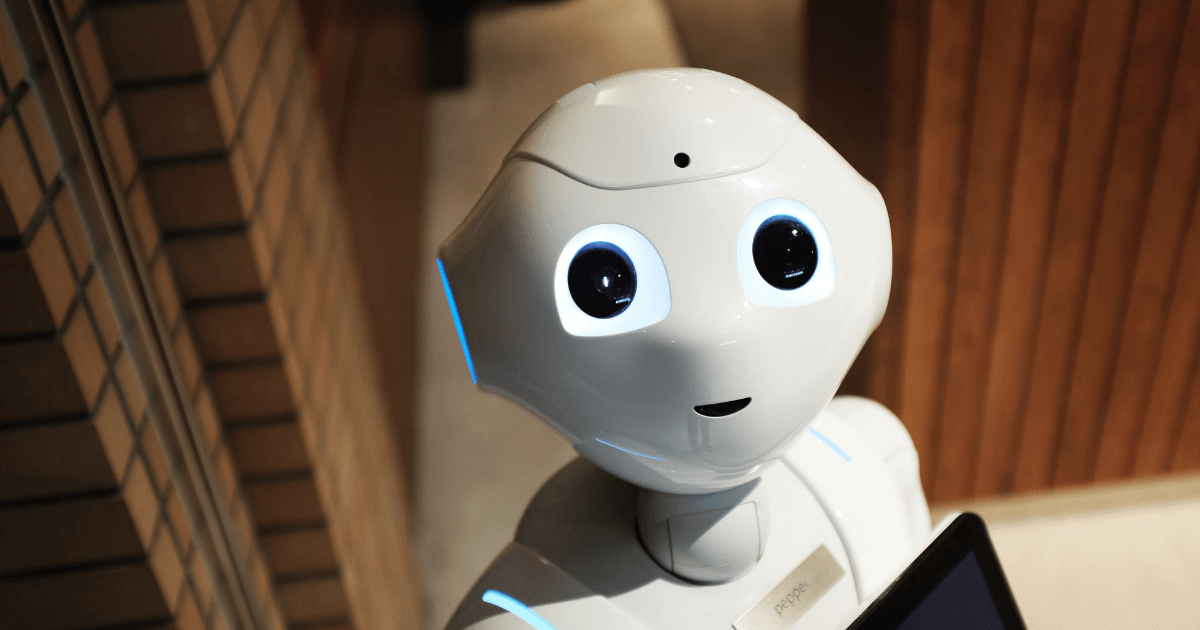Artificial intelligence is everywhere these days. It seems like every week there’s a product launch from a company announcing their new AI feature or product. And although I consider myself to be an early adopter of new tools, and liked playing around with some AI tools, I still couldn’t find a valuable use case for ChatGPT or other generative AI tools.
That changed recently.
In the last few months, I’ve been interviewing for product marketing roles. I applied to a security startup and was invited to interview. While I don’t have experience in security, the company seemed interesting and I had transferable product marketing skills.
I prepared for the call with the recruiter and researched the company and concepts like CI/CD pipeline, “shifting left,” vulnerabilities, plus new acronyms like SAST and SCA. I was starting to feel a bit anxious since these terms were all new to me.
However, the recruiter call went well. The questions weren’t technical and the recruiter was more interested in my background and skills than my experience in security or knowledge of the tool. He told me I moved on to the next round with the hiring manager.
He did mention that the hiring manager was going to test my technical knowledge. I’ve worked with some technical products in previous roles, but I was starting to feel like this was a bit over my head.
I thought that AI might be able to assist me with this interview. What’s the worst that could happen?
I had used ChatGPT, Bard, Dall-E, and other AI tools, but always for fun, never with a specific goal. I opened ChatGPT and started to ask about terms that were unfamiliar to me in preparation for my upcoming interview.
Some queries I wrote were simple like, “What is a CI/CD pipeline?” but then I asked ChatGPT some more hard-hitting questions about the company’s value proposition and how it compared to the competition. This was helpful, as it gave me fairly accurate answers in a matter of seconds.
After researching and preparing for my interview (using not only ChatGPT but also Product Marketing Alliance’s resources) I was confident and knew enough about the product, company, and space for my second round with the hiring manager. We didn’t go into much detail about the product and focused mainly on my experience. We had a great conversation and I learned that I moved on to the next round.
So far, so good!
The third round was a take-home assignment. These assignments are becoming the norm for product marketing roles. The prompt was to write a press release about an existing open-source product and commercialize it. I was once again feeling somewhat nervous about this task not having experience in the security space. I did some research but didn’t know how to start. I turned to ChatGPT once again for assistance.
I asked ChatGPT to provide a list of potential names for a company using that open-source product. I selected one of the names that I liked and then asked ChatGPT to write a press release. The prompt was, “Write an outline for a press release for [company], a company that is launching a new SCA tool (from the [open source product]) [link to the page].”
ChatGPT wrote a decent outline. I found myself starting to write the draft from that outline. I reviewed it with a few people I trust and the final version sounded like a real press release for a real company.
I submitted the assignment.
And… They were impressed! Onwards to the fourth round.
The fourth round was a go-to-market presentation based on that new product to a panel (hiring manager, product manager, and the VP of Marketing).
ChatGPT had helped me get this far but it might still be useful for this next round. I had to launch a new product into the market so I had to do a lot of research.

I needed to answer a few questions: How will I position this new product? How am I going to commercialize it? Who are the competitors? Who are the buyers and what does their journey look like? I used ChatGPT to ask these questions and more and soon started to form an outline for my GTM plan.
I couldn’t ask ChatGPT to help me build the presentation. I used a template from Pitch and tailored it for the interview. I presented the plan to a few PMM leaders and got incredible feedback. I used the feedback to improve my presentation and presented it to the panel. I rehearsed it a few more times. By the time of the actual presentation, I must have rehearsed about 10 times so I felt pretty good about it. Whatever happened, I was happy that I gave it my best shot.
Unfortunately, I didn’t move on, but thanks to AI tools like ChatGPT, I thought of things I didn’t before and came up with ideas that helped me get pretty far with this interview.
To recap, AI helped me by:
- Choosing a company name
- Researching the security market
- Understanding new acronyms like SAST and SCA
- Figuring out potential pain points and challenges of the target persona, the security engineer
- Coming up with a first draft for a press release
By asking the right questions (“prompting”), you can use AI to your advantage and increase your chances of success in your next interview.
I’d be curious to hear your stories of how you have leveraged AI in your work. Let me know in the comments!


 Follow us on LinkedIn
Follow us on LinkedIn
